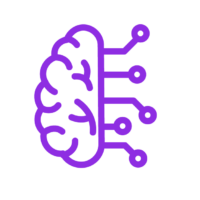Problem Solving Test - The Best Way to Quickly Identify skills in employees and candidates
ID-Problem-Solving Test
The ID-Problem Solving test (Trp), previously Problem Resolution Test (PRT), is an online assessment solution that measures various cognitive skills associated with general intelligence. In other words, this test is used to measure problem-solving ability during the structured problem-solving process to evaluate real-life problem-solving performance as well as social problem solving.
It allows for a more precise measurement of the ability to analyze an item and solve problems using a logical or deductive reasoning approach. In particular, it uses several cognitive learning and adaptive skills that require a strong ability to analyze and draw accurate conclusions and scores about different versions of concerns.






